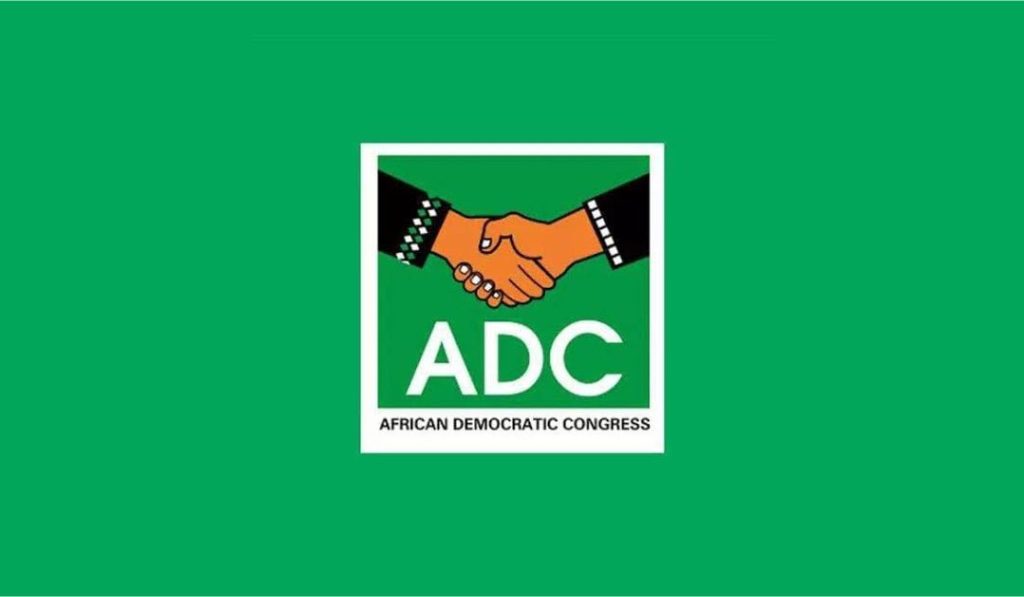The African Democratic Congress (ADC) has sharply criticized the Tinubu administration’s defense of its infrastructure spending, alleging that the government’s “Infrastructure Equity” report is not only inaccurate but also a blatant attempt to mislead the public. The controversy stems from a report alleging that President Tinubu disproportionately favored his home region, the Southwest, particularly Lagos State, with infrastructure projects. The Presidency’s response, a list of projects purportedly demonstrating equitable distribution, has been met with skepticism and accusations of manipulation by the ADC. The party argues that the report, far from demonstrating fairness, reveals a pattern of cronyism and a lack of transparency in the allocation of resources. The ADC’s critique centers on several key points: misclassification of projects under incorrect regions, duplication of projects to inflate numbers, and a lack of transparency regarding project costs, procurement processes, and the criteria for project selection.
The ADC’s primary contention is that the Presidency’s report is replete with inaccuracies, particularly regarding the geographical location of several projects. The party highlighted instances where projects located in the Northeast and North-Central regions were erroneously listed under the Northwest. For example, roads within Borno and Yobe States, both in the Northeast, were categorized as Northwest projects. Similarly, projects in Kogi State, firmly within the North-Central zone, were also misclassified. This miscategorization, according to the ADC, suggests an attempt to inflate the number of projects attributed to the Northwest, thereby creating a false impression of equitable distribution. The party also points to the duplication of certain projects, listed both under their correct region and again under the Northwest, further reinforcing their claim of manipulated data.
Beyond the geographical discrepancies, the ADC raises critical questions about transparency and accountability in the administration’s infrastructure spending. The party points to the lack of information regarding the cost of major projects, the procurement processes followed, and the criteria used to select projects. This lack of transparency, they argue, fuels suspicion of cronyism and raises concerns about whether projects are being awarded based on merit or political connections. The ADC specifically questions the allocation of funding, noting that some projects receive lavish funding while others, particularly those in opposition strongholds, face indefinite delays or funding shortfalls. This disparity, according to the ADC, further reinforces the perception of an exclusionary and politically motivated approach to infrastructure development.
The ADC’s critique extends beyond the immediate issue of infrastructure distribution to broader concerns about the Tinubu administration’s governance style. The party alleges that the government’s response to accusations of nepotism in political appointments follows a similar pattern of obfuscation. The ADC argues that the government’s presentation of a generic list of appointees without portfolios or detailed information served to obscure the dominance of certain political circles and regions in key positions. This lack of transparency and accountability, they argue, undermines public trust and exacerbates existing divisions within the country. The ADC contends that the current administration, by prioritizing political expediency over fairness and transparency, is exacerbating existing divisions within the country.
The ADC emphasizes that true equity and unity cannot be achieved through propaganda or manipulated data. The party calls on the Tinubu administration to abandon its reliance on what they term “dishonest politics of propaganda” and instead embrace transparency and accountability. They demand a comprehensive report detailing the cost of each project, the procurement processes followed, and the criteria used for project selection. This information, they argue, is essential for building public trust and ensuring that infrastructure development serves the interests of all Nigerians, not just a select few. The ADC insists that genuine national development requires a commitment to fairness, transparency, and inclusivity, principles that they believe are currently lacking in the Tinubu administration’s approach.
The ADC’s criticisms highlight a broader debate about governance, transparency, and equity in Nigeria. The party’s allegations, if substantiated, raise serious questions about the Tinubu administration’s commitment to inclusive governance and equitable distribution of resources. The government’s response to these allegations, and its willingness to address the concerns raised by the ADC, will be crucial in shaping public perception and determining the future trajectory of infrastructure development in Nigeria. The controversy underscores the need for greater transparency and accountability in government spending, particularly in crucial sectors like infrastructure, to ensure that development benefits all regions and citizens of the country.
Ultimately, the ADC’s challenge to the government’s infrastructure report serves as a crucial reminder of the importance of transparency and accountability in governance. Their call for detailed information on project costs, procurement processes, and selection criteria echoes broader demands for a more participatory and inclusive approach to development. Whether the Tinubu administration will heed these calls and embrace greater transparency remains to be seen, but the controversy underscores the growing demand for a government that prioritizes fairness, equity, and the interests of all its citizens. The ADC’s critique ultimately serves as a call for a more equitable and transparent approach to governance, one that prioritizes the needs of all Nigerians and fosters genuine national unity.














